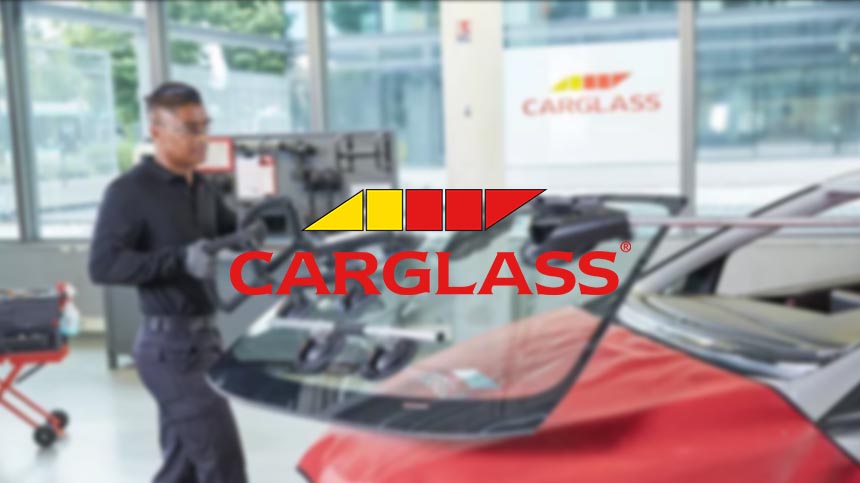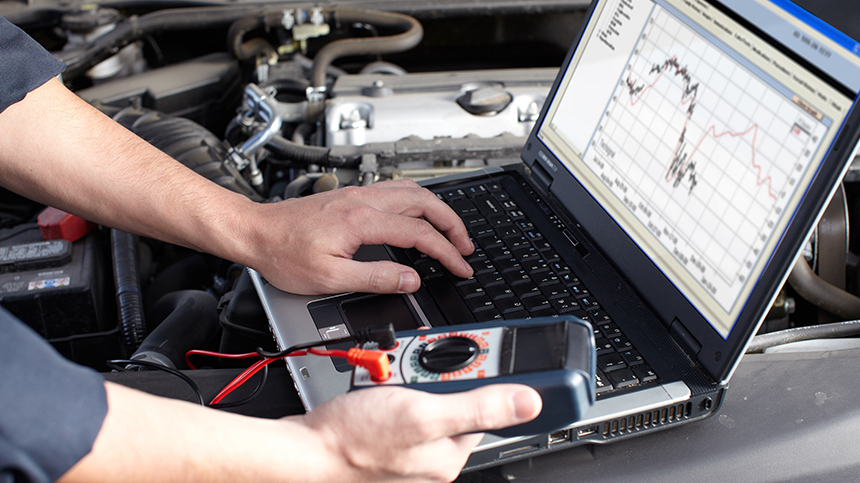
A landmark ruling by the Regional Court of Cologne has led to repairers being granted access to OEM repair data. In a case against Stellantis Italy, Belron company Carglass and the German auto repair chain ATU won a ruling which will grant all independent repair shops access to essential car repair data.
The court decision upholds a ruling by the European Court of Justice from October 2023 regarding access to vehicle on-board diagnostics (OBD) information and diagnostic tools.
Carlos Brito, CEO of Belron, commented:
“We are delighted by today’s ruling provided by the ECJ. This decision reinforces a fair and level playing field in the automotive aftermarket and the benefits this brings to consumers. We believe this ruling will be influential around the world as legislators address right to repair issues created by the rapidly increasing level of connected car technology in vehicles.
“We are committed to working constructively with all vehicle manufacturers to ensure that this ruling is implemented effectively, so that consumers are able to continue to benefit from the competition provided by the independent aftermarket.”
Repairers granted access to OEM repair data
The case involving Stellantis Italy, Carglass and ATU arose as a result of the repairers requiring necessary OBD access in order to carry out regular repairs and maintenance. For example, Carglass state that around 30% of all vehicles need recalibration of their ADAS when the windscreen has been replaced.
Additionally, many tasks carried out in a vehicle repair shop require that the mechanic has access to the car data stream via the vehicle’s OBD port. Independent repair shops, such as ATU, access this data using multi-brand diagnostic devices connected to the OBD port of the vehicle.
However, in order to access OBD data, Stellantis had required registration and personal login to a server it designated, as well as a paid subscription to generic diagnostic tools linked to its server. The manufacturer argued that these measures were necessary for cybersecurity, citing UN Regulation 155, which will regulate automotive cybersecurity from July 2024.
Conversely, ATU and Carglass argued that these conditions were not covered by the EU Type Approval Regulation 2018/858 (Regulation), and that they harmed their competitiveness against authorised repairers, ultimately increasing costs for consumers.
 ECJ ruling – open access
ECJ ruling – open access
The ECJ sided with the independent repairers, emphasising that additional access restrictions would hinder competition and be in conflict with the Regulation. The ECJ clarified that independent repairers should have full access to the information necessary to carry out their tasks of repairing and maintaining vehicles, without the imposition of conditions beyond those set out in the Regulation.
In particular, the Regulation does not require prior registration or connection of internet-based diagnostic tools to a server specified by the manufacturer. The ECJ dismissed the manufacturer’s cybersecurity concerns, emphasising that security measures should not impede access to data. The court also rejected the manufacturer’s reliance on UN Regulation 155, stating that this regulation explicitly leaves regional or national cybersecurity laws unaffected.
Aftermarket implications
The October 2023 ECJ ruling and the subsequent reinforcement by the Regional Court of Cologne on 15 May 2024, has significant implications for car manufacturers and the aftermarket repair industry.
Jean-Pierre Filippini, managing director of Carglass Germany, said:
“We now expect all vehicle manufacturers to respect the ECJ´s interpretation of the law and end all restrictions of access to the OBD port immediately, so that we can ensure that the benefits of fair and competitive access to vehicle systems are felt by consumers as soon as possible.”








